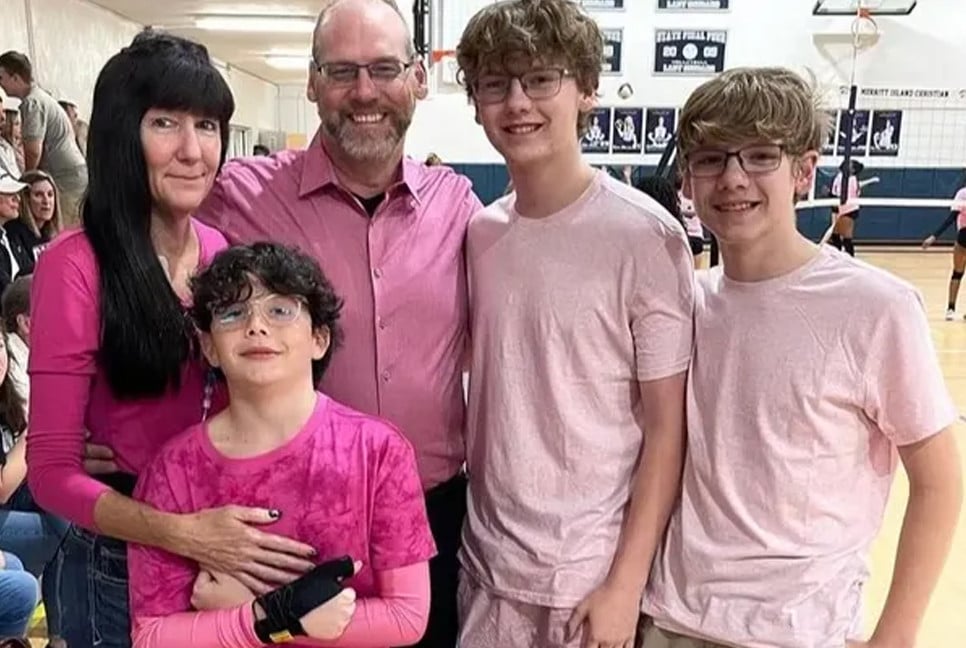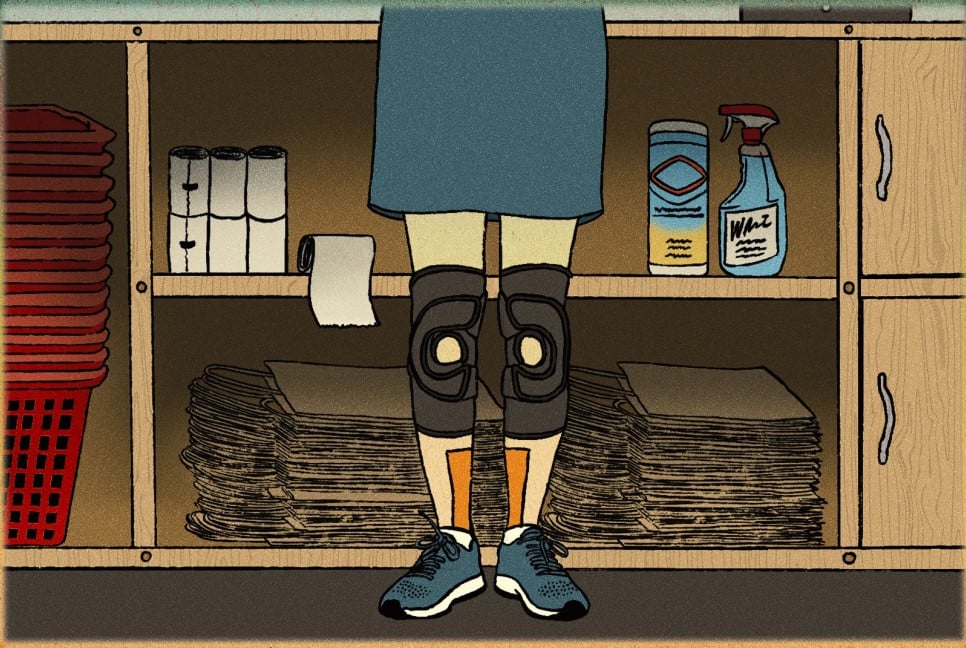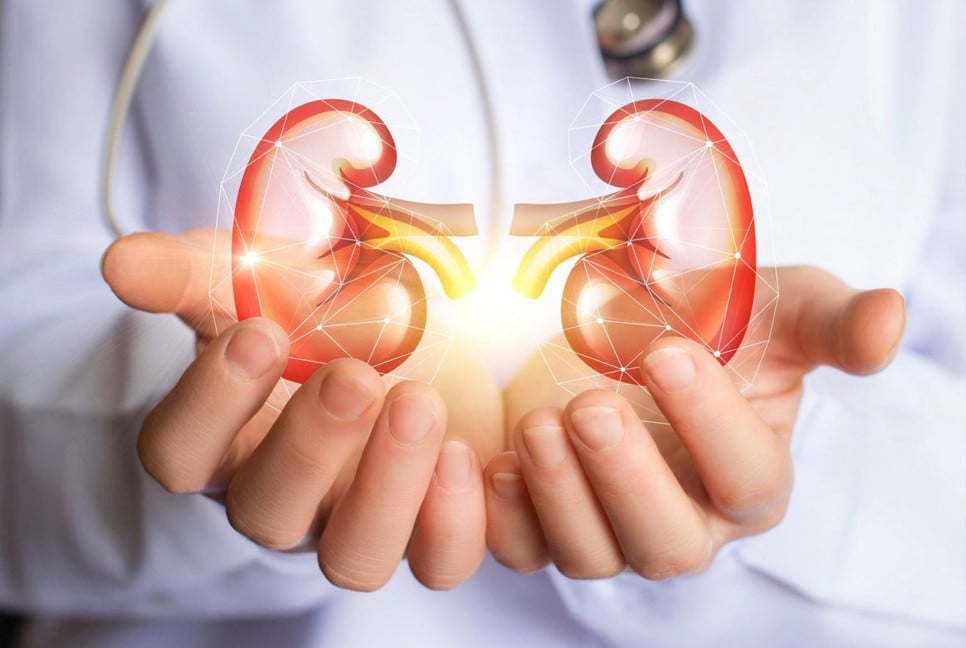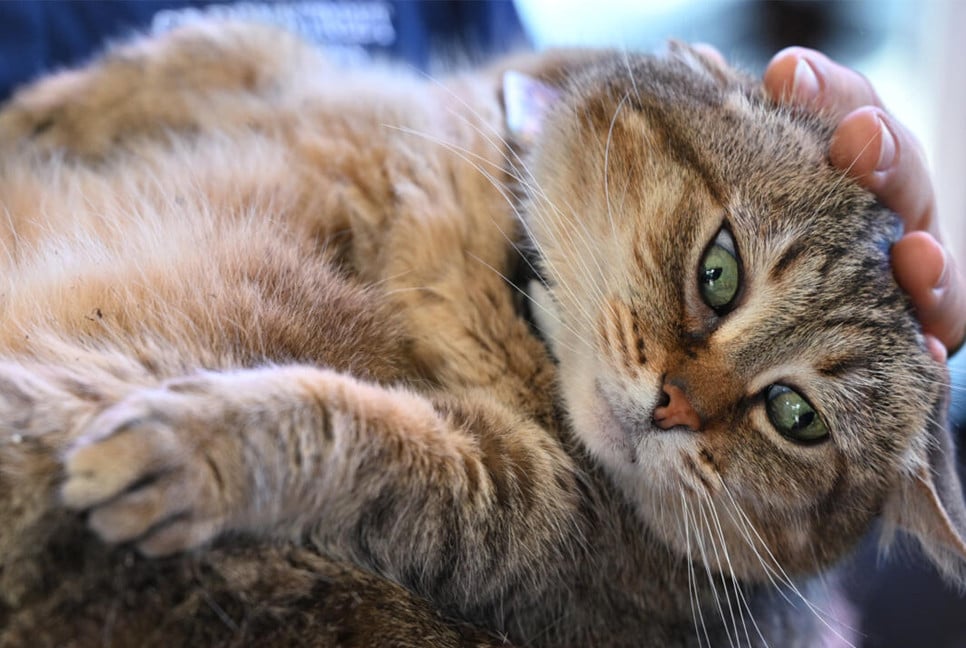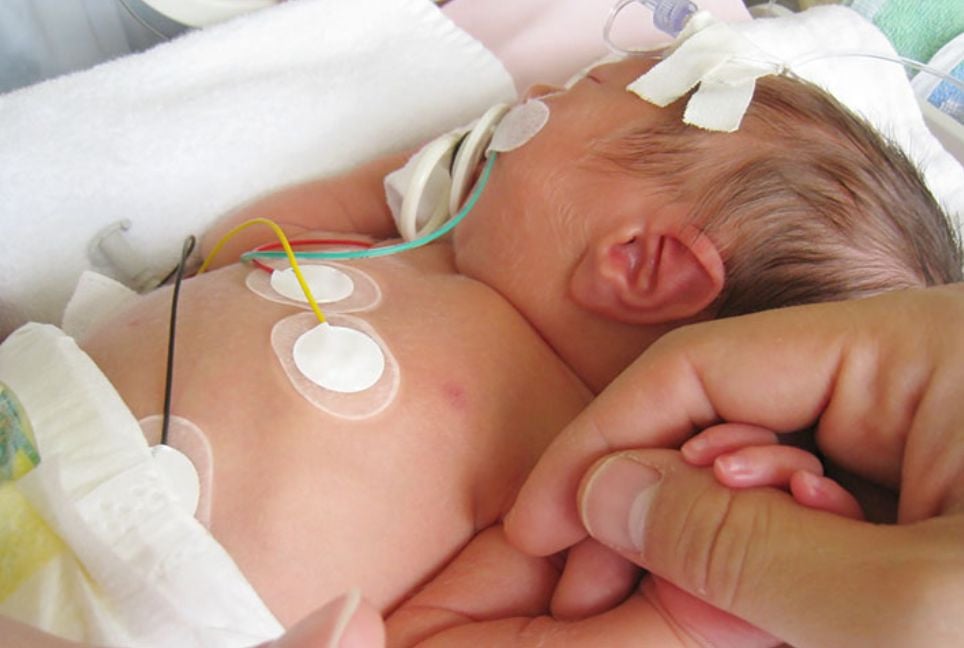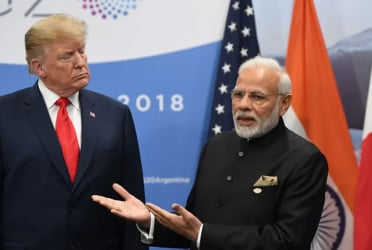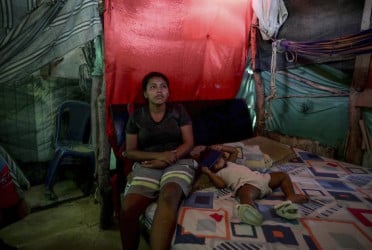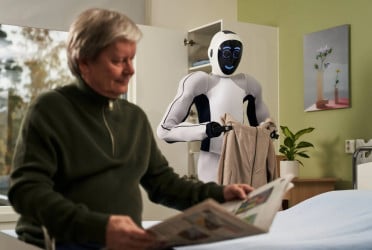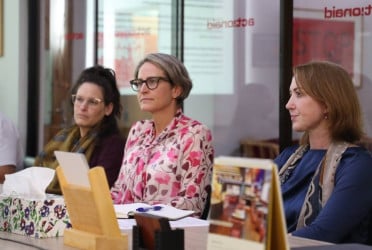Tina Willits, 53, was told she had only two years to live after being diagnosed with aggressive HER2 positive breast cancer in March 2022.
The cancer had spread to her lymph nodes, ribs, spine, sternum, and bones. She was given chemotherapy for end-of-life care and told to make the most of her remaining time.
But today, Tina is cancer-free and believes that her recovery was a miracle, crediting God for leading her to the treatment that saved her.
‘I wanted it gone’
Willits wasn’t content with simply halting the spread of her cancer.
"I had five biological children and was caring for two stepchildren, along with four grandkids at the time," she explained.
"I was determined to get rid of the cancer completely. That became my goal, even though my oncologist told me it would never happen."
After conducting her own research, Willits discovered an alternative treatment called immunotherapy, which uses the body's immune system to target and eliminate cancer cells.
For many years, chemotherapy, radiation, and surgery have been the standard cancer treatments. However, some experts are now referring to immunotherapy as the "fourth pillar" of cancer care.
In her search for alternative treatments, Willits discovered Dr. Jason R. Williams of The Williams Cancer Institute in California, who offers a new therapy that uses cold gases and the body’s own cells to freeze and combat tumors.
"Immunotherapy trains the immune system to attack cancer," Dr. Williams explained. "Like a vaccine, it can provide a long-lasting, durable response, which is essential for achieving cures."
Willits and her husband contacted Dr. Williams, who promptly began reviewing her case.
"Despite her advanced cancer, she was in good physical condition," Dr. Williams noted.
"She was on chemotherapy but remained in excellent health, even though her cancer was metastatic." He added, "I was confident, yet cautious. Cancer is a tough challenge."
Williams offered Willits something she hadn't had until then: hope.
"He was just unbelievable. After seeing all of my tests, he said, ‘I can cure you,’" she told Fox News Digital. "And you don't get those words as a stage 4 patient."
Six weeks after receiving a course of immunotherapy treatments — in conjunction with supplements to ramp up the immune system and cryoablation, a procedure that uses freezing temperatures to destroy cancer cells — a PET scan revealed that Willits' cancer was gone.
Today, Willits said, she is stable and healthy.
"I exercise every day. I'm a part of my family’s life every day. Cancer, we feel, is completely behind us — and that was almost an impossible mission," she said.
"People ask me all the time, you know, how did you cure your cancer? And I say, ‘Well, God led me to Dr. Williams.’"
Williams believes that immunotherapy is the future of cancer treatments.
"We first must target the tumor directly, injecting immunotherapy into it," he said.
"In the future, the patient will be diagnosed with a suspicious lesion, and at the time of initial biopsy, we will begin treating it by injecting immunotherapy."
Balancing risks and benefits
While immunotherapy has shown promise as an alternate treatment, it does come with its own risks and limitations for certain groups of patients.
"Patients with autoimmune diseases have a higher risk, because the immune system is more primed to also attack normal tissues," Williams cautioned.
"Though risks are higher, we do have techniques to overcome this, and so the benefits outweigh the risks."
Brian Slomovitz, director of gynecologic oncology and co-chair of the Cancer Research Committee at Mount Sinai Medical Center in Florida, noted that immunotherapy has transformed the way many cancers are treated, but that it’s not always effective.
"It is important to understand that it is not useful in all patients," said Slomovitz, who was not involved in Willits' care.
"As oncologists, we don’t want to expose a patient to a medication that can increase the risk of side effects without a clinical benefit."
In "properly selected" patients, however, Slomovitz believes immunotherapy can prolong both the time to cancer recurrence and overall survival rates.
"I’m excited to watch as the field of immuno-oncology continues to evolve."
Willits now aims to raise awareness of the availability of this treatment, as many women assume that chemotherapy, radiation and surgery are their only options.
"The reality is there are women out there who don't know it exists," she said. "And if we can get the word out, I can't even tell you how many hundreds of women we could potentially save."
She also said, "I cannot even imagine if I had stayed the course of traditional treatment and just tried to stop the progression. I mean, it's out of my body. It's gone. Life is back to normal again. And I am so grateful."
While Willits’ prognosis is "excellent," Williams emphasized that "we must always be cautious and continue to monitor … Any person who has had cancer before certainly has a higher than normal risk for another cancer or a recurrence."
"Numerous off-label medications and supplements that are available can help enhance treatment outcomes, and exploring immunotherapy should always be a priority," he added.
Source: Fox news
Bd-pratidin English/ Afia

